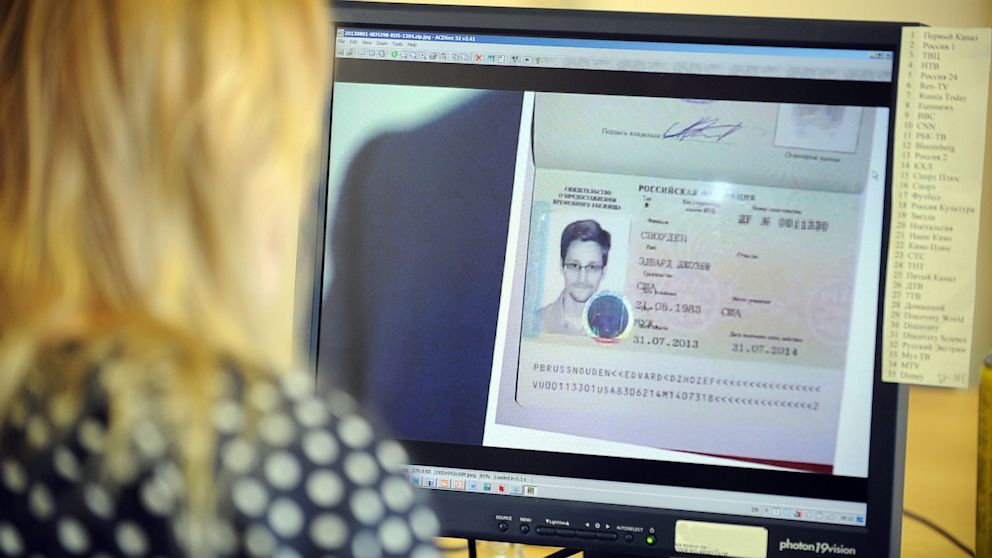U.S. Stands Behind N.S.A. Spying on Latin America, Cites Terrorism as Reason for It
U.S. Stands Behind N.S.A. Spying on Latin America

Aug. 13, 2013— -- U.S. Secretary of State John Kerry defended the National Security Agency’s surveillance program targeting Latin America while on a South American tour.
During a news conference in Bogota on Monday, Kerry cited recent terrorist threats to U.S. embassies and the security changes brought about by 9/11 as compelling reasons to keep the program alive.
“I think it’s very obvious to everybody that this is a dangerous world we’re living in,” Kerry said, shortly after meeting with Colombian Foreign Minister María Ángela Holguín. “It’s very, very different from anything we've known since September 11th of 2001. And we are necessarily engaged in a very complex effort to prevent terrorists from taking innocent lives in many different places.”
Last month, Brazil’s O Globo newspaper, using information provided by N.S.A. leaker Edward Snowden, revealed that the U.S. government’s spying had targeted military and commercial affairs in most Latin American nations.
Shortly after, Colombia, Brazil, Venezuela and other South American countries complained about the N.S.A.’s surveillance practices and asked the U.S. for adequate explanations.
But on Monday, Holguín said the Colombian government was satisfied with the United States’ account on the matter.
“We hope that this will be done within the framework of bilateral and legal conditions in the relationship that we have,” Holguín said. “We have received the necessary assurances in order to continue to work on this.”
Kerry travels to Brazil today to discuss the same topic with Antonio Patriota, the country’s Foreign Minister. Brazil has protested the surveillance practices at the U.N. where Patriota has called the spying “a violation of our citizens’ human rights” and an act that infringes upon Brazil’s sovereignty.
In Bogota, Kerry tried to downplay the issue by saying that it occupied “a very small part of the overall conversation” he had with Foreign Minister Holguín, and that the program, which is set to continue, does not violate any U.S. laws.
“It has been completely conducted under our Constitution and the law, and how we have respected the concerns of other countries and will continue to,” Kerry said.
He also ratified the United States’ support of the Colombian peace process. “We believe, as does President Santos, that Colombia has reached a point now where in its development, in its security, in its trade, in its governing capacity, that it is important for them to try to look to what is sustainable for the long term, and that means finding peace,” Kerry said.
Colombia is the United States’ closest ally in the region. The country has received more than $8 billion in the past decade through Plan Colombia as part of a joint effort to fight drug trafficking and promote development.